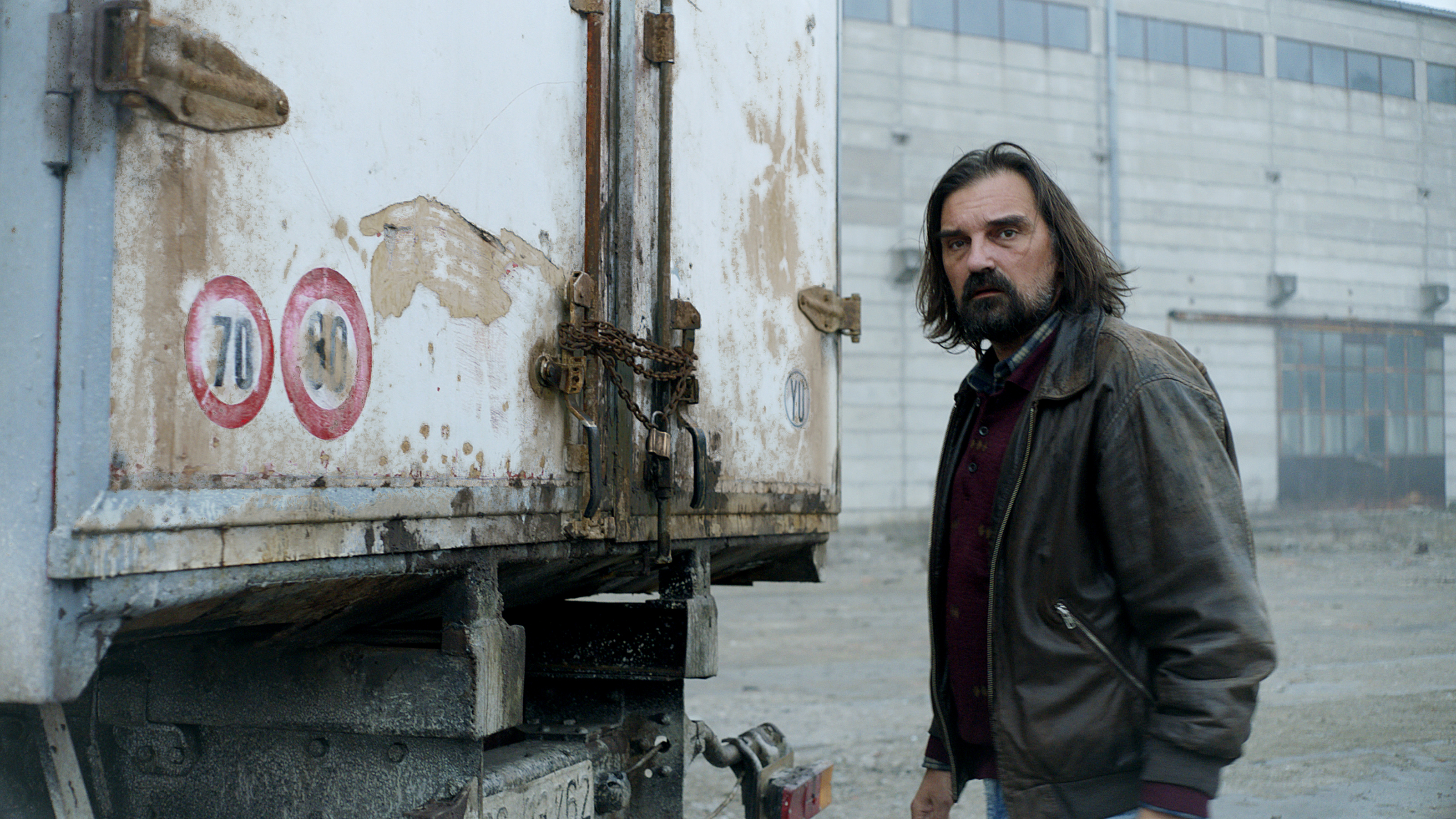Sarajevo Festival Draws the Best of Southeastern Europe
By Leo Barraclough
LOS ANGELES (Variety.com) – The Sarajevo Film Festival, which was launched in 1995 during the four-year siege of the capital in the midst of the Bosnian War, has always relied on a mixture of self-sufficiency and smart alliances with international partners. It’s a combination that will be deployed again during its 24th edition, running Aug. 10-17.
The event is characterized by its director, Mirsad Purivatra, as an international festival with a focus on a region: Southeast Europe. Purivatra was inspired to adopt a regional focus for Sarajevo after he visited Sweden’s Goteborg Film Festival, with its focus on the Nordic region. This year, Sarajevo’s industry section, CineLink, will look to Scandinavia again for inspiration, this time centered on television drama, an area of growth for both regions.
Norway will be the focus of a panel event as an example of how a local TV industry can transform itself, says Jovan Marjanovic, Sarajevo’s head of industry. Leading figures within the Norwegian TV business had devised a plan to achieve certain goals within five years, one of which was to win the country’s first ever Intl. Emmy for drama. This they did last year with Norwegian broadcaster NRK’s “Mammon 2.”
“We want to draw up a similar roadmap for [our] region,” Marjanovic says.
Ivar Kohn, head of drama at NRK, will be among those at Sarajevo to share the Norwegian experience.
The TV sector in Southeast Europe has already made significant strides, and two examples of its recent achievements will be the focus of discussions at Sarajevo. It will host a case study on “Success,” the first original series from HBO Adria, the U.S. cabler’s service for the former Yugoslavia. Marjan Alcevski’s script for the show, directed by Danis Tanovic, was selected through a competition launched at the festival two years ago. CineLink will also screen the first two episodes from the second season of “The Paper,” which is the first Croatian series to be picked up by Netflix.
The latter show is being sold internationally by Israel’s Keshet Intl., which will have a presence in Sarajevo. Marjanovic is hopeful that the number of TV sales companies at the fest continues to grow as the region develops its TV export muscles.
“We have been recognized as a place where good quality TV drama can be acquired,” he says.
Another area of potential growth for the region is cooperation with China, in light of Beijing’s 16+1 policy, which aims to develop relationships with 16 countries in Central, Eastern and Southeastern Europe. Sarajevo will work with China’s Pingyao Intl. Film Festival to build bridges with Chinese professionals. Marco Mueller, co-head of Pingyao, will be in Sarajevo as part of the Works in Progress jury.
Another example of Sarajevo’s international links is the investment made by Turkey’s public broadcaster TRT in the festival’s microbudget production scheme, Sarajevo City of Film for Global Screen. The partners will be unveiling the program’s first feature, Martin Turk’s “A Good Days Work,” at this year’s festival.
Sarajevo will expand its documentary activity this year, and again it’ll do this through international alliances. Docu Talents from the East, in partnership with Czech Republic’s Jihlava Intl. Documentary Film Festival, will seek to place 10 feature projects in the distribution market, and Germany’s Documentary Campus will help stage a five-day workshop for European producer-director teams.
While Purivatra and Marjanovic are keen to draw attention to the importance of partners from beyond the region, they are also quick to underscore the part played by regional cooperation.
At the heart of Sarajevo’s industry activity is its Co-Production Market, and from Purivatra’s point of view it is often the films that are launched by co-producers from within the region that are the most successful. Ognjen Glavonic’s competition title “The Load,” for example, was backed by partners in Serbia and Croatia, as well as France, Iran and Qatar.
Marjanovic underscores the strength of co-production in the region. “It is a pretty good time to be in the business of co-production here,” he says. “Most of the countries in the region have functioning national film bodies that are relatively well-financed and regulated, and are proactively promoting their filmmakers and investing in their films, but are also open to co-producing with others.”

